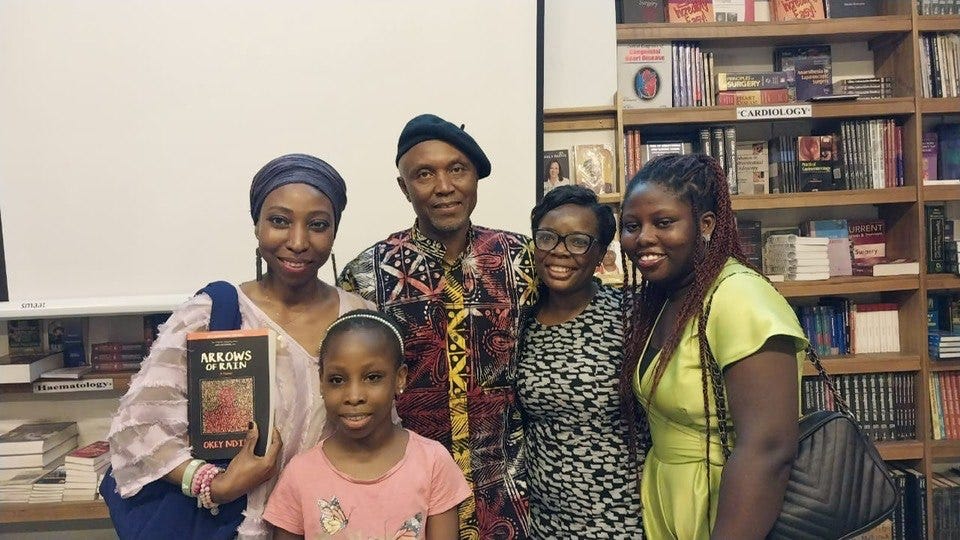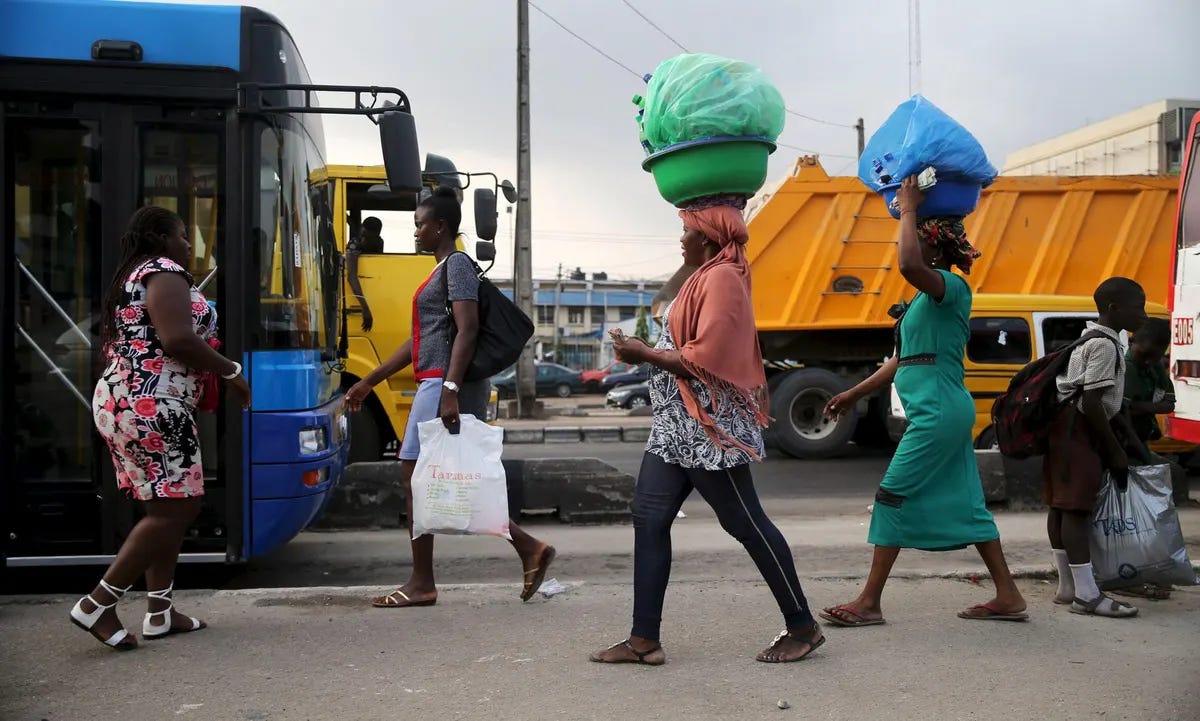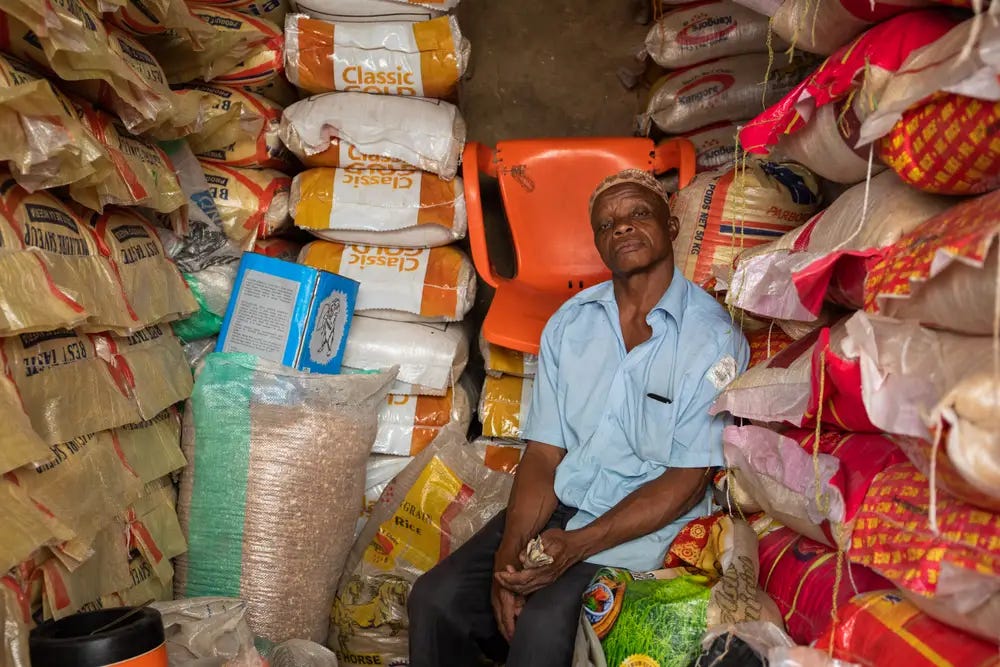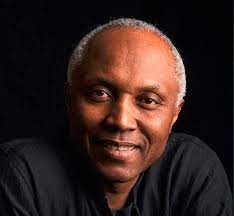I recently spent a little more than three weeks in Nigeria, my itinerary traversing four states: Lagos, Anambra, Oyo, and Ogun. I’m no prophet, but I came away with an intuition that a popular uprising may be ripening in Nigeria.
The looming revolution is likely to be triggered by the astonishing spikes in the price of foodstuff and just about everything else in the country.
Prior to my recent visit, I was also in Nigeria last March. Then, a bag of rice sold in the range of eight thousand naira. I remember many relatives and friends bewailing, then, what they regarded as a scandalous price tag.

It turned out that—as the lingo goes—they ain’t seen nothing yet.
By mid-October, a bag of rice was selling for N56,000. Just before I left Nigeria on November 9, the price had inched up to N58,000 in parts of the country. What’s worse, a woman who sells rice and other staples of Nigerian cuisine told me she expects the price to graze N70,000 around Christmas.

Think about it. To say that Nigerians love rice is an understatement. They are as crazy about rice as they are of Premier League football. No social event in Nigeria is deemed swell if it does not boast rice presented in a variety of delectable ways. Among young Nigerians, rice is arguably the favorite item on any menu. Western newspapers and media are often titillated by the jollof rice wars between Nigeria, on the one hand, and Ghana, Senegal, or Gambia, on the other. But for Nigerians, the “war” is serious business.
Rice is so deeply ingrained in Nigeria’s culinary culture—in fact, in the country’s broader sociology—that the prospects, say, of a riceless Christmas would be nothing short of traumatic.

And yet, this devastating scenario is an all-too likely eventuality for many Nigerians. In a mere seven months, the price of their favorite foodstuff rose more than sevenfold! Anybody who doesn’t see the danger signals is either blind, ignorant, or willfully indifferent.
Some may argue that Nigerians are famous for their elastic resilience. For sure, there’s that quality in us—an almost superhuman capacity for absorbing suffering whilst intoning that “God is in control.”
But Nigerians have never been tested by fire in quite the way as currently. At no point in their history have Nigerians experienced this level of famishment. Nigeria’s oil wealth has produced a paradox: deepening destitution and social misery.
After decades of unchecked greed by the ruling class and widespread indulgence of corruption and other pathologies by the ruled, Nigeria has arrived, I fear, at an uneasy junction where chaos and disorder loom. This time, I am afraid, our legendary resiliency won’t suffice.
Let me explain why. Nigeria’s minimum wage remains N30,000 per month. That’s less than $30. By the way, several state governments and most private sector employers pay much less—something in the region of N20,000. It follows that many workers would need to put together three months’ pay just to fetch one bag of rice!

One can’t imagine a grimmer circumstance for millions and millions of breadwinners in Nigeria. Except that it gets grimmer, much grimmer, for most Nigerians. Food has become unaffordable at a time when the price of every other buyable is soaring as well. The price of fuel has risen fourfold since May, with commensurate spikes in the cost of transportation as well as other goods and services.
For most Nigerians, then, the portrait is of a life bereft of hope. Show me a man or woman who can’t feed him or herself, much less their dependents, and I’ll show you an unpredictable human. Such a human being, marinated in misery, is likely to be on a short fuse, liable to violent action. A foodless man or woman does not have the mental scape for self-restraint. At the slightest opportunity, he or she is bound to lash out.
A religious sensibility helps keep Nigerians in a compliant mode even in the face of monstrous difficulties. But people’s emotional arithmetic is wholly different when their stomachs are hollow, and food is impossible to come by. In that event, the invocation of divine benediction won’t do.

There’s another accelerating factor to what I foresee as a lurking rice revolution. Since being sworn into presidential office at the end of May, Bola Ahmed Tinubu has presided over the most callous and alienated government in Nigeria’s troubled history.
His economic policies—specifically fuel subsidy removal and the pegging of the naira to market forces—unleashed history-breaking hikes in cost of living. The policies themselves may be defendable, but the implementation was precipitate, with no consideration for measures capable of cushioning inevitable harsh effects.
It’s not only that hapless Nigerians woke up one day to the realization that food prices had outstripped their incomes by gargantuan margins.
To compound matters, as their misfortunes metastasized and multiplied in scale, Nigerians were scandalized to see that their new rulers, while unimaginative as the worst of their predecessors, were possessed of a heightened appetite for self-aggrandizement and opulence.
Just as it was dawning on Nigerians that most of them cannot afford to buy rice or much else during this year’s festive season, Tinubu et al were entirely focused on loftier matters of self-indulgence.
They were pondering what manner of yacht to buy, how many billions to splurge on the purchase of armored cars for themselves, their spouses and cohorts, and the most extravagant ways to refurbish their official abodes.
Nigerians are not only reasonable; they are forbearing to a fault. They would take up their ever heavier cross and walk the extra mile or two if they were convinced that such pain was necessary for the achievement of a better future for all.
But to be called to sacrifice everything, including something as basic as a plate of rice at Christmas, while their “leaders” gorge on a smorgasbord of dishes in the splendor of their palatial homes—that’s asking too much.

That’s why I want you to hear it here first: unless a wand appears to reverse Nigeria’s ongoing hunger Olympics, the country will explode. And it’s bound to be sooner than later.
By Okey Ndibe




